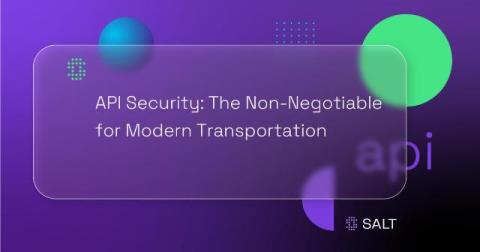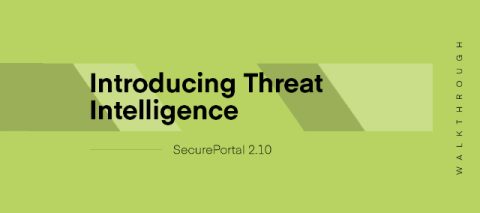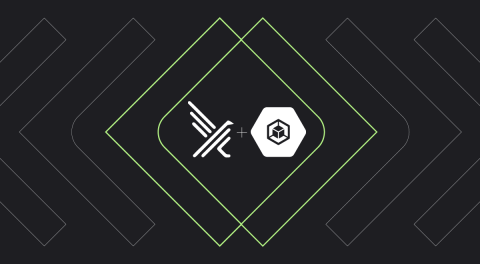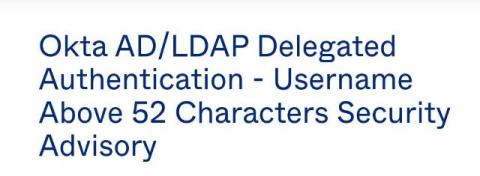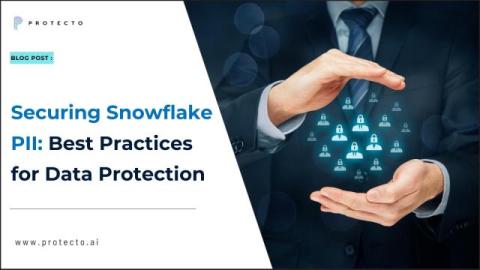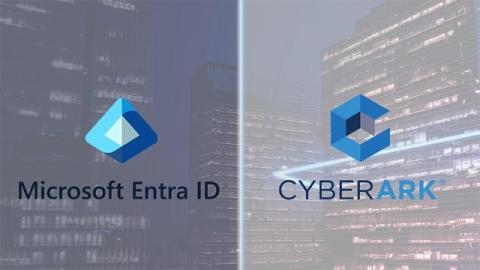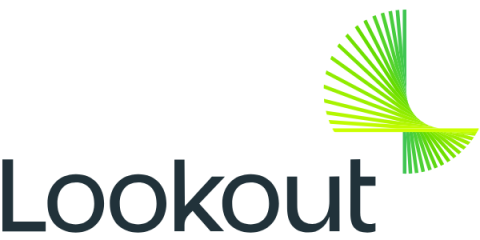API Security: The Non-Negotiable for Modern Transportation
The transportation sector is undergoing a digital revolution, from railways to aviation and trucking. APIs are at the heart of this transformation, particularly for airlines. Airlines utilize APIs to integrate internal systems with vital services such as booking platforms, check-in services, real-time flight updates, communication with customs agencies, and baggage handling.


